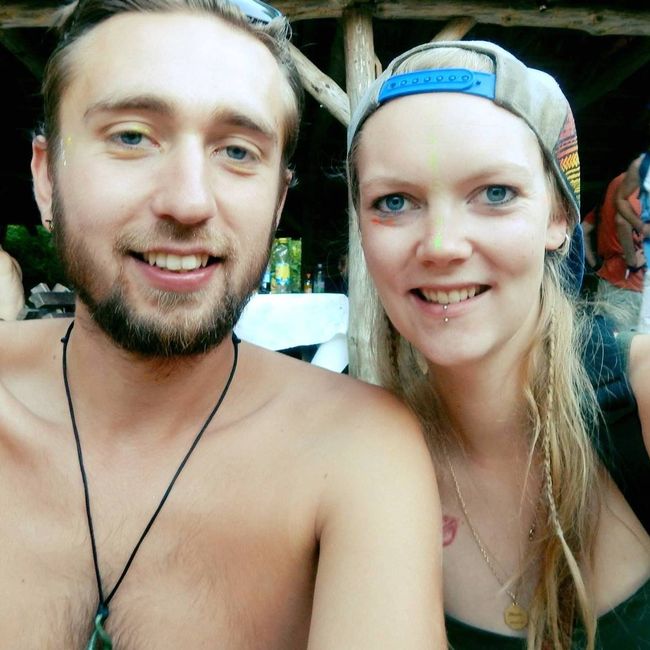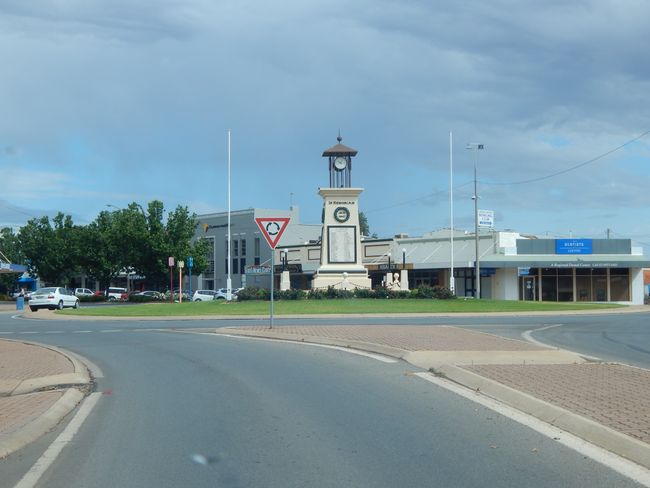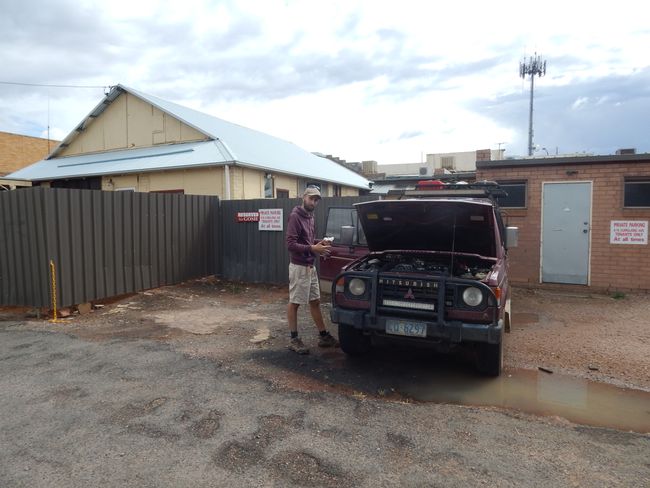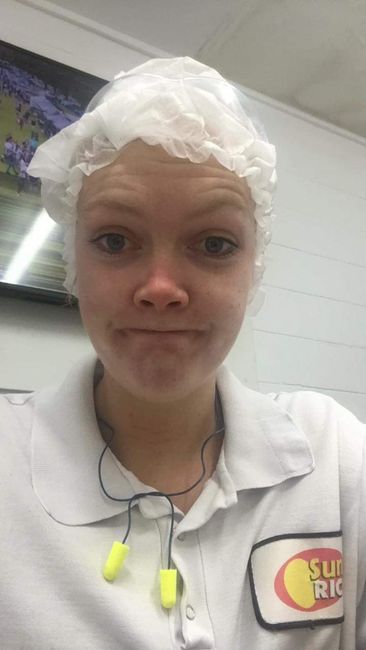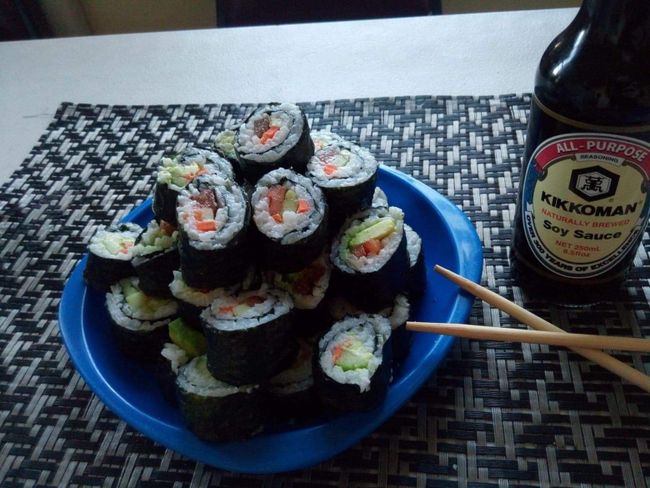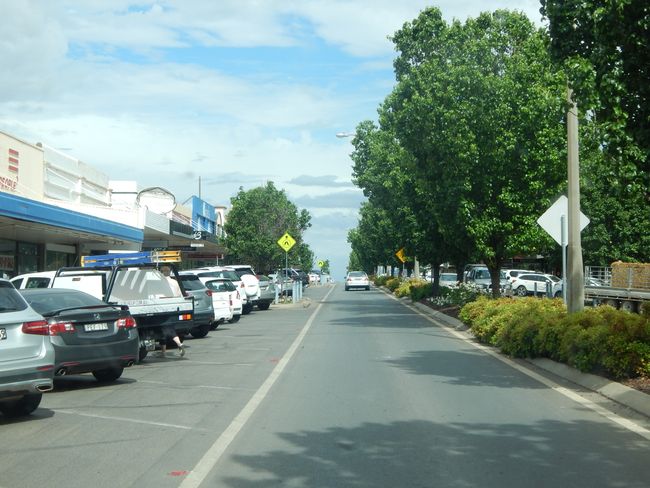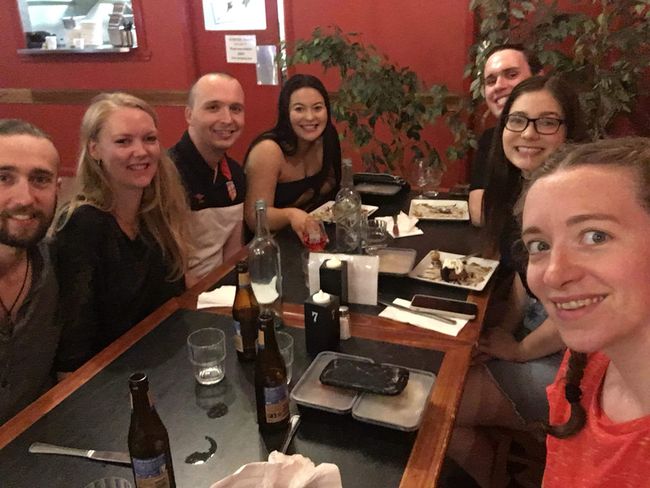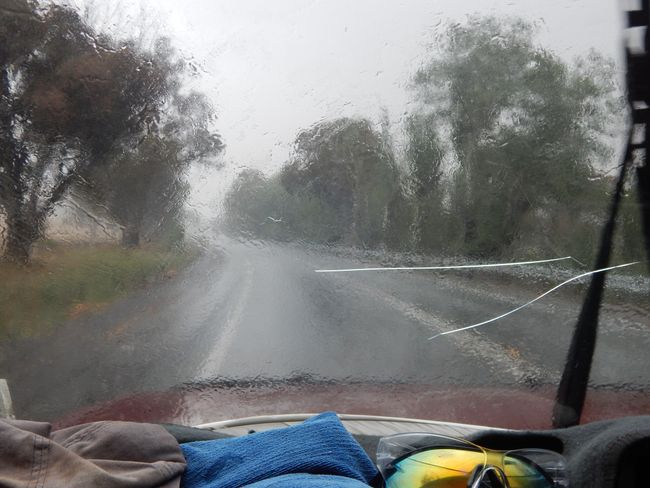Shire of Leeton
Ipapashiwe: 17.11.2019
Bhalisela kwincwadana
Leeton is a small town with 6,733 inhabitants, located in New South Wales, 580 km west of Sydney and 450 km north of Melbourne. The town is located in the Murrumbidgee Irrigation Area, which is one of the best agricultural places in Australia, where citrus fruits, apricots, wine, wheat, and rice are mainly grown.
Bhalisela kwincwadana
Phendula

Iingxelo zohambo Ostreliya

